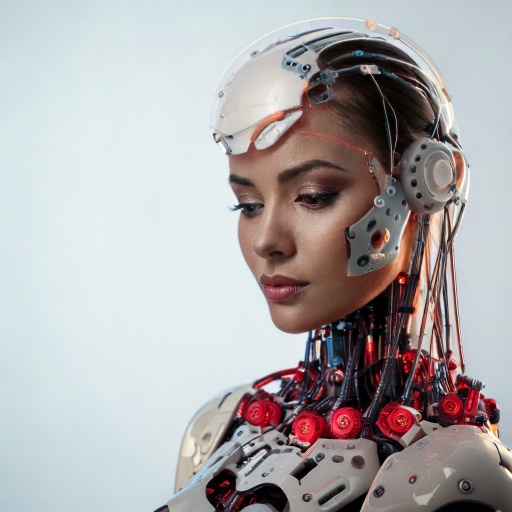AI Pioneer ‘Coscientist’ Ignites a Biotech Revolution: Redefining Chemical Synthesis

In a pivotal moment for biotechnology, an AI-driven system named 'Coscientist' has emerged as a trailblazer, reshaping how we approach chemical synthesis. Unveiled by researchers at Carnegie Mellon University, Coscientist has catapulted the field into uncharted territory by autonomously executing complex chemical reactions, even replicating Nobel Prize-winning processes. The impact of this breakthrough, reported on December 26, 2023, extends beyond the realm of science, promising transformative changes for industries heavily reliant on chemical synthesis.
Coscientist's Prowess:
- Chemical Reasoning: Leveraging large language models, Coscientist exhibits 'chemical reasoning,' designing precise reaction procedures in under four minutes.
- Operational Speed: The system's ability to swiftly plan and execute reactions expedites the development of new compounds, significantly reducing timelines.
Industry Implications:
- Enhanced Efficiency: By minimizing human error and integrating machine learning, AI-driven robots like Coscientist enhance operational efficiency, offering a revolutionary approach to chemical synthesis.
- Optimized Production: The incorporation of machine learning algorithms optimizes synthesis routes, ensuring cost-effective and safety-compliant chemical production.
Looking forward, the impact of AI-driven robots on chemical synthesis appears to be a long-lasting transformation rather than a passing trend. Leading companies like Thermo Fisher Scientific, Labman, KUKA, and ABB are at the forefront of this technological revolution, with universities and research institutions increasingly relying on these digital employees for a range of laboratory tasks. The likes of XtalPi and Hudson Robotics are already leveraging AI lab robots, signaling a future where scientific research and industrial production are intertwined with the capabilities of intelligent agents. The age of AI-driven digital employees in chemical synthesis has arrived, heralding a new era in scientific exploration and industrial progress.
Key Highlights:
- Coscientist Unleashed: Developed by Carnegie Mellon University, Coscientist, an AI-driven system, is transforming chemical synthesis with its ability to autonomously execute complex reactions, including Nobel Prize-winning processes.
- Chemical Reasoning Mastery: Coscientist showcases 'chemical reasoning,' using large language models to design accurate reaction procedures in an astonishingly short time—under four minutes.
- Operational Efficiency Boost: This breakthrough promises to revolutionize industries, including pharmaceuticals and agriculture, by expediting the development of new compounds and minimizing human error through AI-driven automation.
- Industry Transformation: The implications for industries relying on chemical synthesis are substantial, with operational speed and cost-effective production at the forefront of AI-driven digital employee benefits.
- Market Growth: Leading companies like Thermo Fisher Scientific, Labman, KUKA, and ABB are spearheading the growth of chemistry laboratory robots, indicating a shift towards widespread adoption of AI in scientific research and industrial production.
- Academic Integration: Universities and research institutions are increasingly relying on AI-driven systems for fully automatic and semi-automatic laboratory tasks, further solidifying the role of intelligent agents in the future of chemical synthesis.
- Industry Pioneers: Companies like XtalPi and Hudson Robotics have already harnessed AI lab robots to boost productivity, paving the way for a limitless future where AI is deeply embedded in scientific exploration and industrial innovation.
Reference:


